Dancing Astronaut - EDM, trap, techno, deep house, dubstep
From disco and soul to acid house to tech and techno, Carl Cox is quite the versatile maestro. Four decades of music will do that to you, though. Since acquiring his first set of decks at the age of 15, the British producer has witnessed the electronic dance music landscape shift over and over again, rising from underground obscurity in the United States to full-on mainstream commercialization. The ‘Three Deck Wizard’ has presided over some of the world’s most lucrative and legendary parties and dance floors, and his own Revolution party at Space Ibiza endures as one of the number one lures of the island.
The legend sat down with Pulse Radio last week to talk about his early years as a party DJ, his favorite childhood records, and what 30 years in the business has taught him about music and culture.
22-year-old Carl Cox was not so different in terms of musical preference than he is today. He was playing disco funk and Latin jazz before he discovered acid house, which, he says, “was like nothing else.” At the time, the rave scene was still very hush-hush and word of mouth. It was growing though, cultivated in small warehouse parties and house parties. Eventually he would become a pioneer of the British rave scene, playing the opening night of Danny Rampling’s Shoom party and working with Paul Oakenfold on The Project.

While it’s been several decades since his early days within rave culture, Carl said that he still sees himself primarily as a DJ. “Somebody who searches for records, still looks for something conceptual, to push the envelope, to push new music forward,” he says. While the scene and the technology may have changed over time, though, Carl feels the responsibility of a DJ, and the needs of the fans, is still very much the same. “Back in my day it was about tracking down that vinyl, but even with computers the essence of finding new music is still the same. People are people and they still want to have a good time.”
In the interview, Carl rattles off a list of some of his favorite records from his teen years. Among them is Diana Ross’s “Love Hangover”, a tune that “still makes people smile” when he plays it in his sets today. He calls it “real music.”
While that kind of tune still comes around today, Carl admits that “you cannot find your future in classics.” He says that today’s lightening-paced world and ever-evolving technology has robbed music fans and music itself of the opportunity to be nurtured.
“The industry moves so fast now that a great record can come out today and by the end of the week it’s done – next! By the end of the week it is old and people move on,” he says.
[soundcloud url="https://api.soundcloud.com/tracks/106484632" params="color=ff5500&auto_play=false&hide_related=false&show_comments=true&show_user=true&show_reposts=false" width="100%" height="166" iframe="true" /]
It’s a tough pill to swallow, especially for an artist who built his reputation as a musical taste maker by paying his dues and physically bringing it to and pubs and clubs that would give him play time. “Now you put a track up on YouTube, get a million hits and you have a fan base and maybe someone from a record label will give the world to you,” he says.
According to Carl, the true artists suffer just as much as audiences from “an industry that has become so throwaway” with an ever-increasing array of technological crutches, and the faster-better-stronger mentality of the mainstream music industry.
“You will get some people today saying they started a record this morning and that they finished it in the afternoon. How do you create a record in four hours? In that time all they could have done is use a few presets, nick someone’s loops, ideas and changed the bass line,” he says.

It’s all too rushed, says Carl. “The next wave or artist wants to come through and be a DJ, make music, produce all too quick.” He advises the music industry to focus more on backing independent artists and labels, support the underground music scene and give good acts more playing time rather than focusing on one-and-a-half hour sets.
He frowns on hot- and celebrity- lists and encourages industry players to simply get out and explore more talent. After 30 years in the industry, Carl believes the electronic dance music scene is bigger than rock and roll, for all of its flaws. “The great thing about electronic music is that nobody goes to a rave or festival for a punch-up,” he says. “Forget that, they just want to enjoy what’s in front of them. The person next to you may not even know them from Adam but by the end of it you will be turning to each other and saying ‘TUNE!’ That’s what I’m talking about.”
Source: Pulse Radio
Carl Cox weighs in on the electronic music industry, offers some serious advice was posted by Amanda Mesa, and appeared first on Dancing Astronaut.


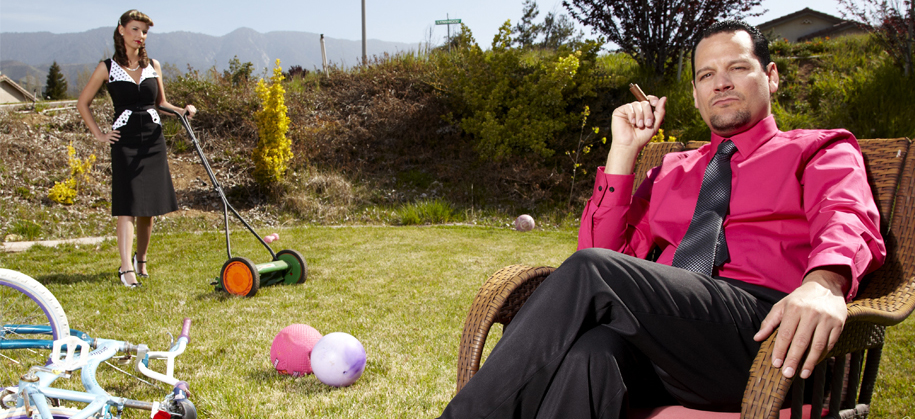

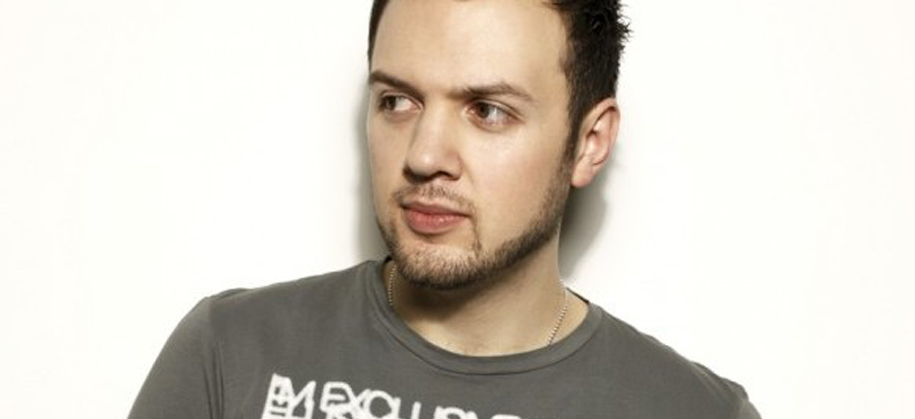
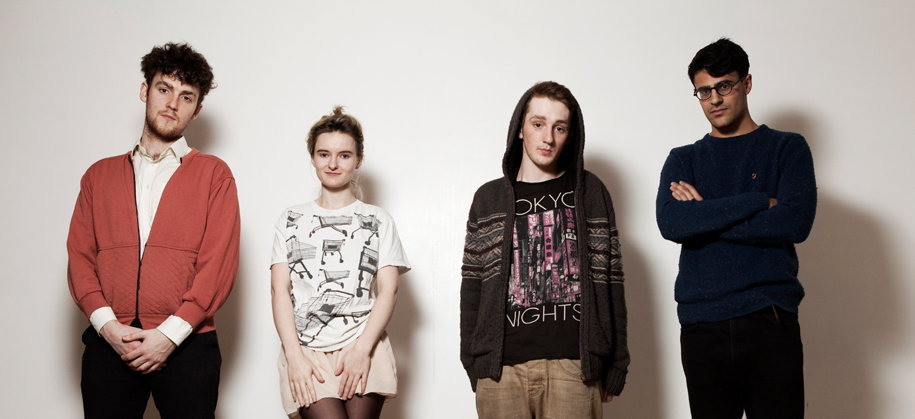

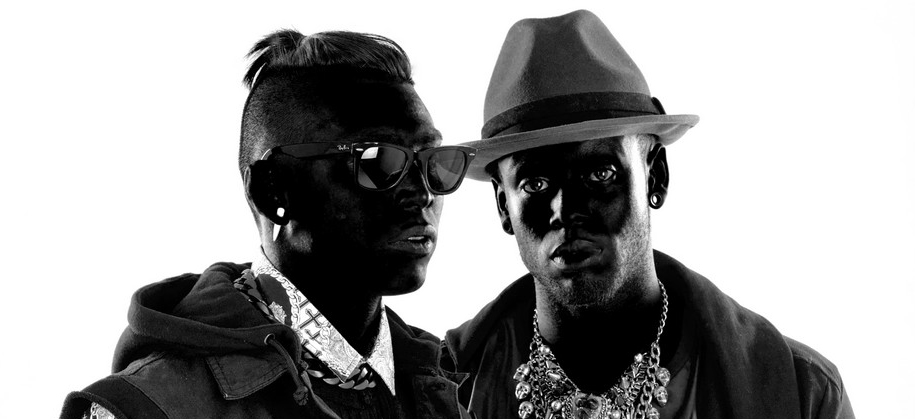
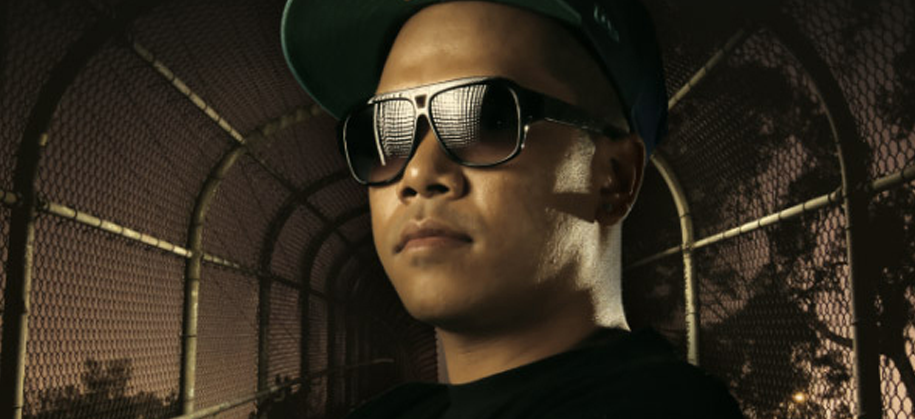
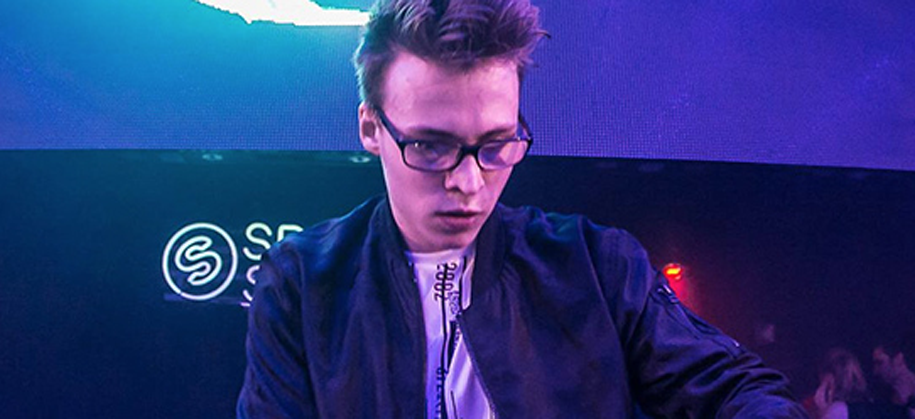

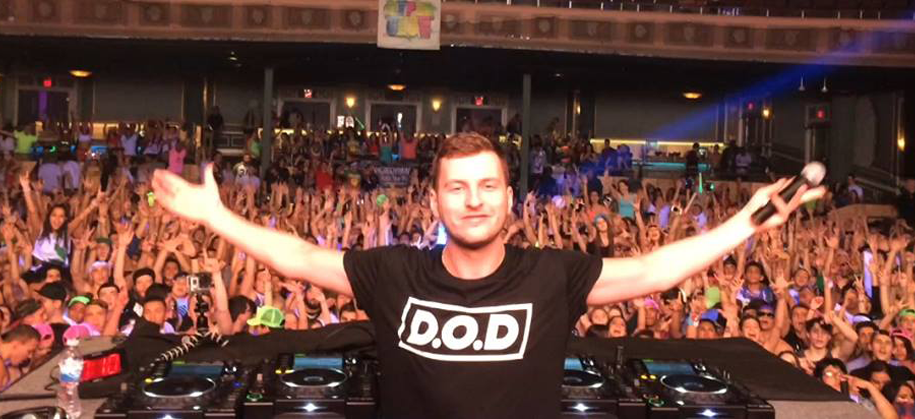

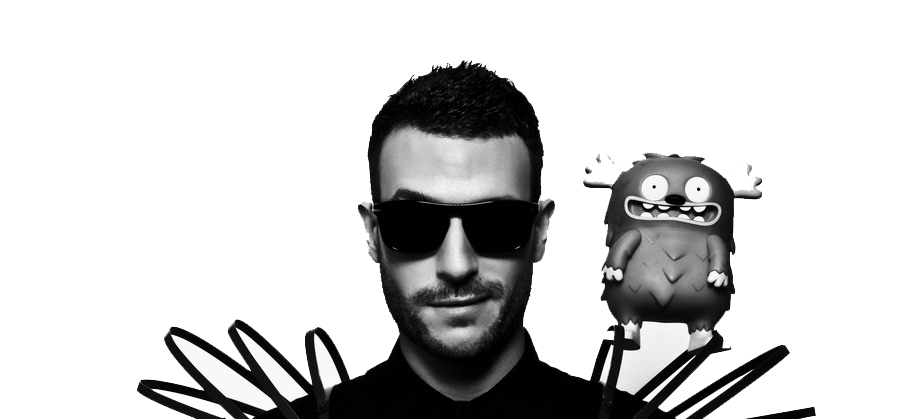
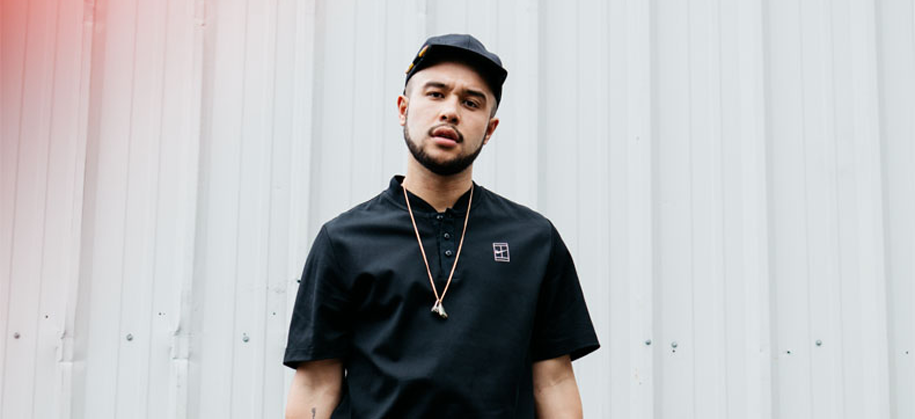
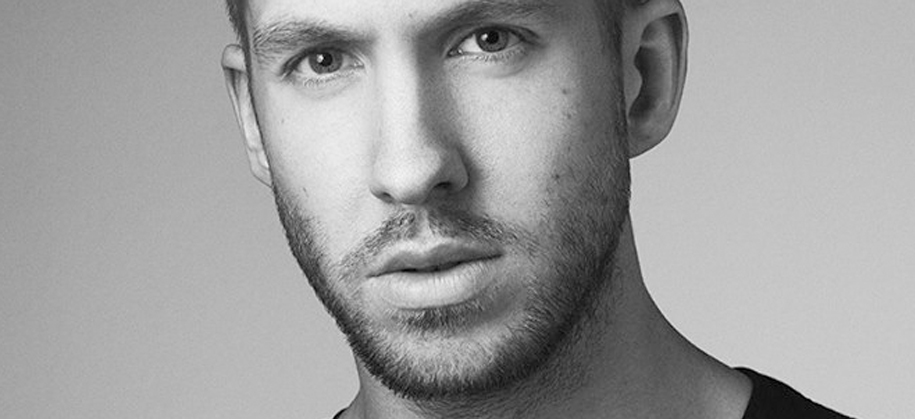
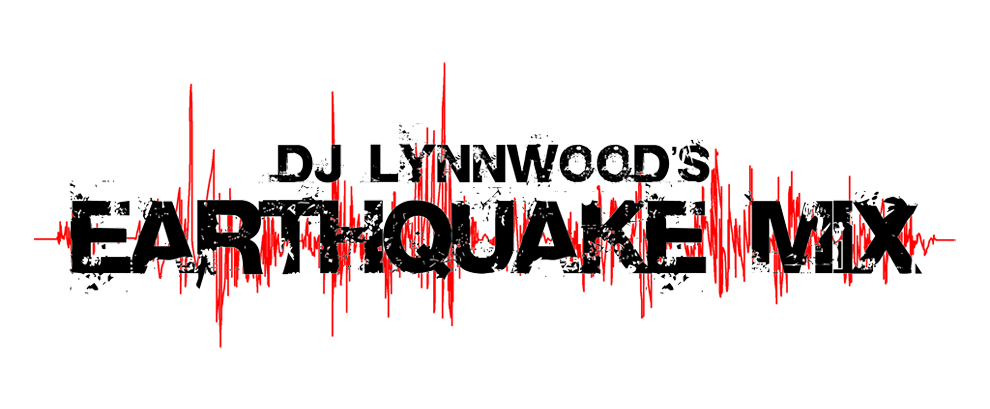
 Category:
Category: 
Earthquake Mix: